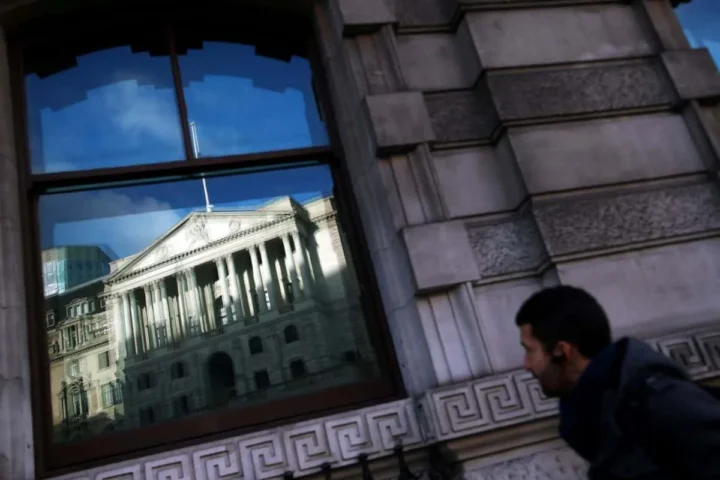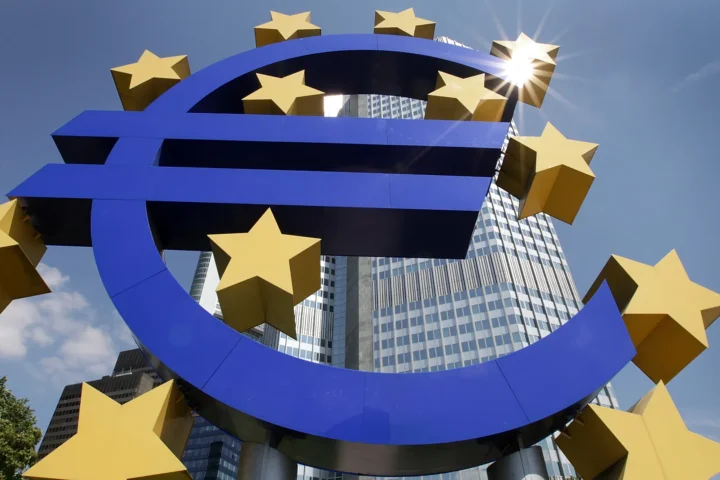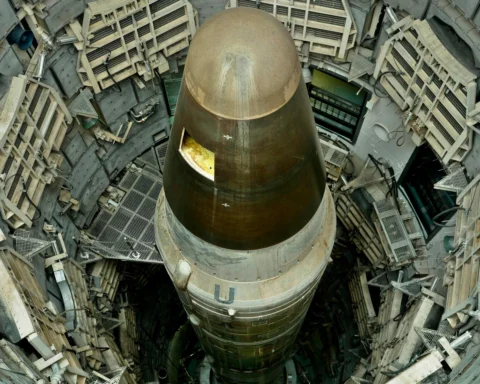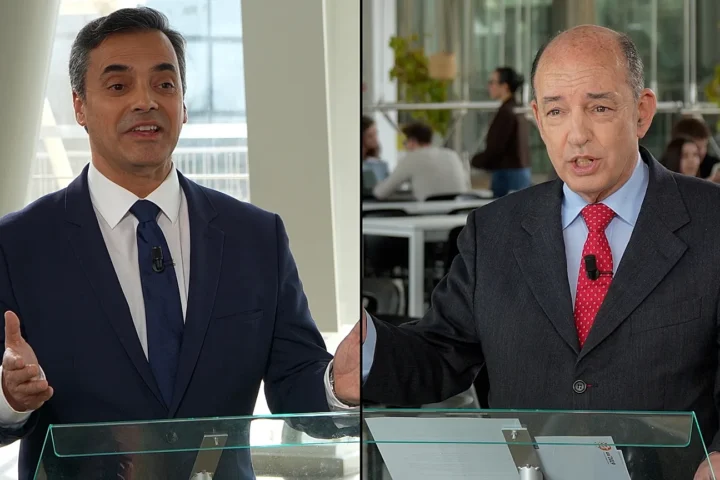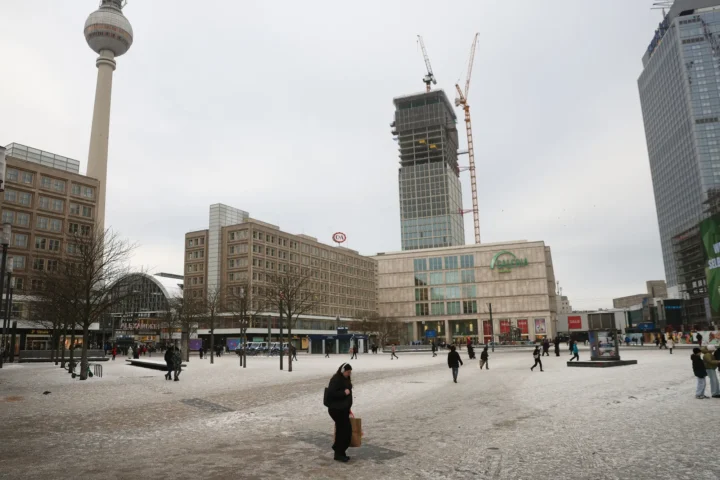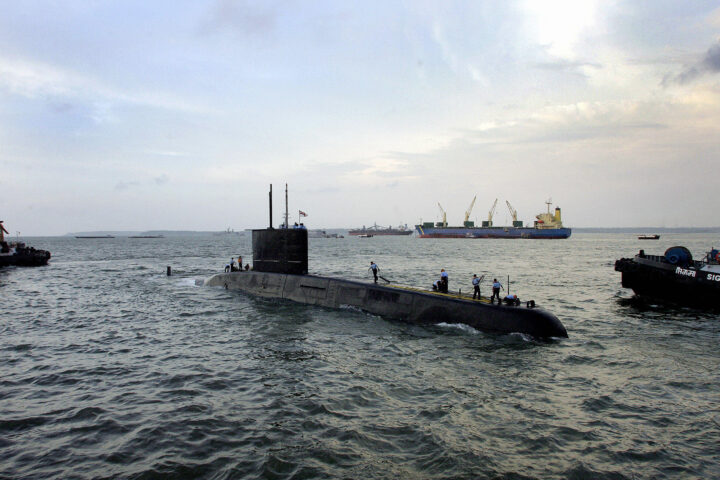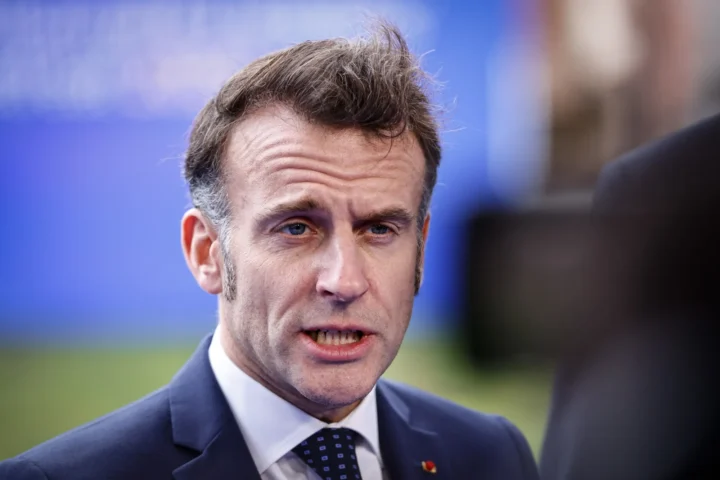Economic analysts now predict that Europe will fall into a recession in 2025, with many pointing to former U.S. President Donald Trump’s recent trade decisions as a key contributing factor. The shift in U.S. global trade posture — marked by aggressive tariffs and renegotiated trade deals — has sent shockwaves through European markets already grappling with inflation and sluggish growth.
🇺🇸 Trump’s Trade Moves Disrupt Global Supply Chains
Trump’s return to hardline trade policies, including new tariffs on European goods and stricter trade conditions with China and other global players, has created ripple effects across the EU:
- Export Decline: European industries — especially automotive, agriculture, and luxury goods — are facing reduced demand due to rising trade barriers.
- Investment Uncertainty: Transatlantic economic tension has discouraged cross-border investment, particularly in energy and manufacturing sectors.
- Supply Chain Friction: New restrictions have disrupted the flow of raw materials and parts critical to European production, forcing delays and cost increases.
📉 Economic Indicators Point Downward
- Germany, France, and Italy have seen declining industrial output and weakening business confidence.
- Consumer spending has cooled amid rising costs and job market stagnation.
- The euro has weakened, reflecting investor uncertainty and potential capital outflows.
🧭 Final Thought
While Europe faces multiple headwinds, Trump’s trade decisions have added significant pressure at a vulnerable moment. Without coordinated policy responses and a rebalancing of trade dynamics, the continent may not only enter a technical recession in 2025, but also face a prolonged period of economic adjustment in a shifting global order.


